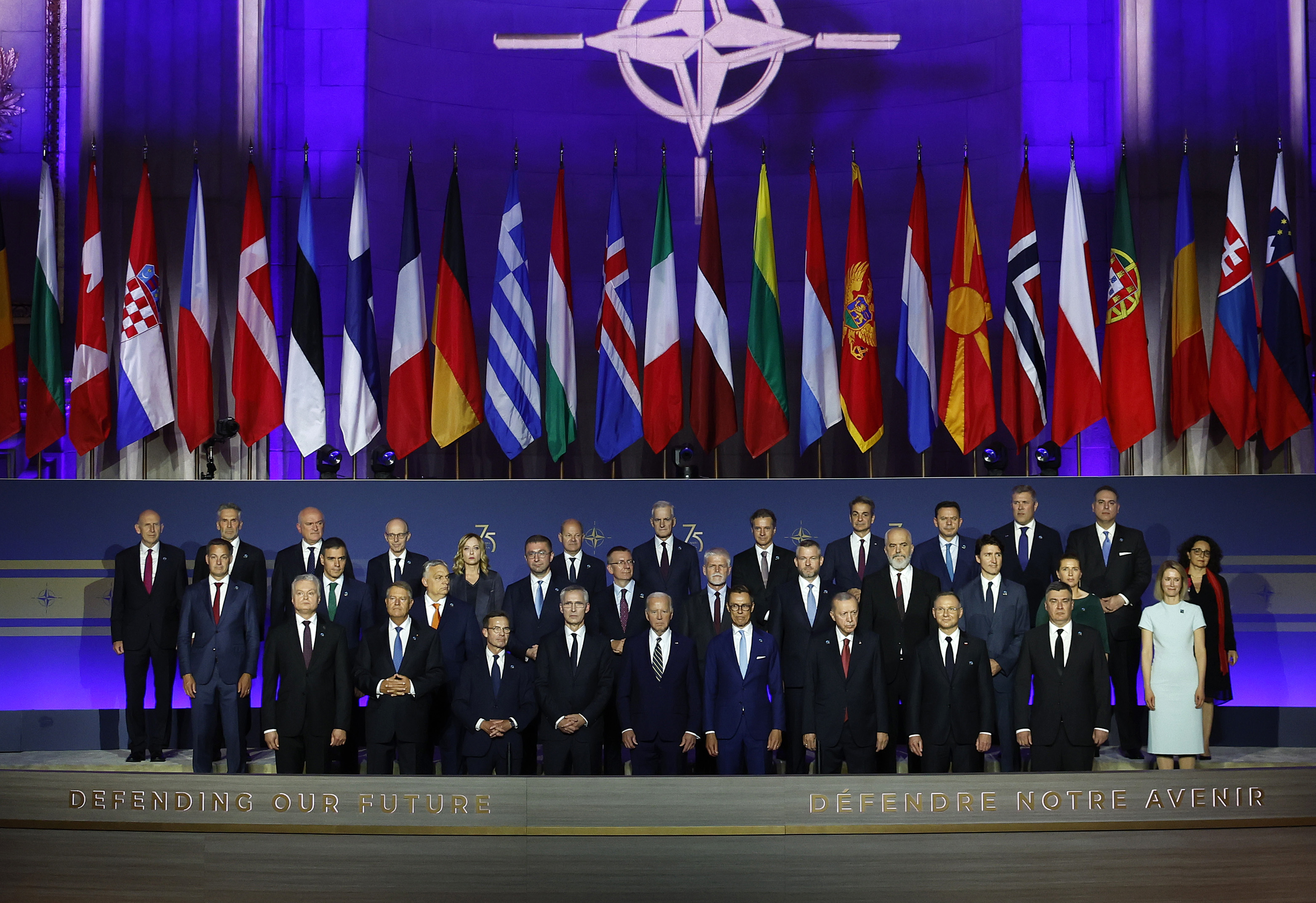NATO allies have accused China of enabling Russia's invasion of Ukraine by providing large-scale support for Russia's defense industrial base. The allegations come as NATO leaders gather in Washington, D.C., to mark the alliance's 75th anniversary and discuss growing security challenges from both Russia and China.
China is a significant trade partner of Russia, offering crucial economic support amid heavy international sanctions. NATO leaders urged China to cease all material and political support to Russia's war effort in Ukraine. The US and European leaders have accused China of bolstering Russia's defense sector with the export of dual-use goods.
Despite these accusations, Beijing maintains that it does not provide lethal weapons to parties in the conflict and exercises strict export control on dual-use goods including civilian drones. The Chinese Mission to the European Union dismissed NATO criticism, stating that China is not the creator of the crisis in Ukraine.
The growing tensions between NATO and China come as both sides face off over a range of issues, from territorial disputes in Europe and Asia to cybersecurity and disinformation campaigns. The situation is further complicated by Russia's ongoing military presence in Ukraine, which has led to concerns about the security of European borders.
NATO Secretary-General Jens Stoltenberg expressed concern over China's increasing influence in Europe, stating that it poses a threat to Euro-Atlantic security. He also highlighted the importance of upholding international norms and rules, including those related to territorial integrity and sovereignty.
The NATO summit in Washington is expected to result in a joint declaration that will outline the alliance's stance on China and other global challenges. The document is likely to include calls for increased cooperation with partners, particularly those in Europe and Asia, as well as efforts to strengthen NATO's military capabilities.
The tensions between NATO and China are just one of many geopolitical challenges facing the world today. As a neutral journalist, it is important to report on these developments accurately and without bias. It is also crucial to provide context and background information that helps readers understand the complex issues at play.






